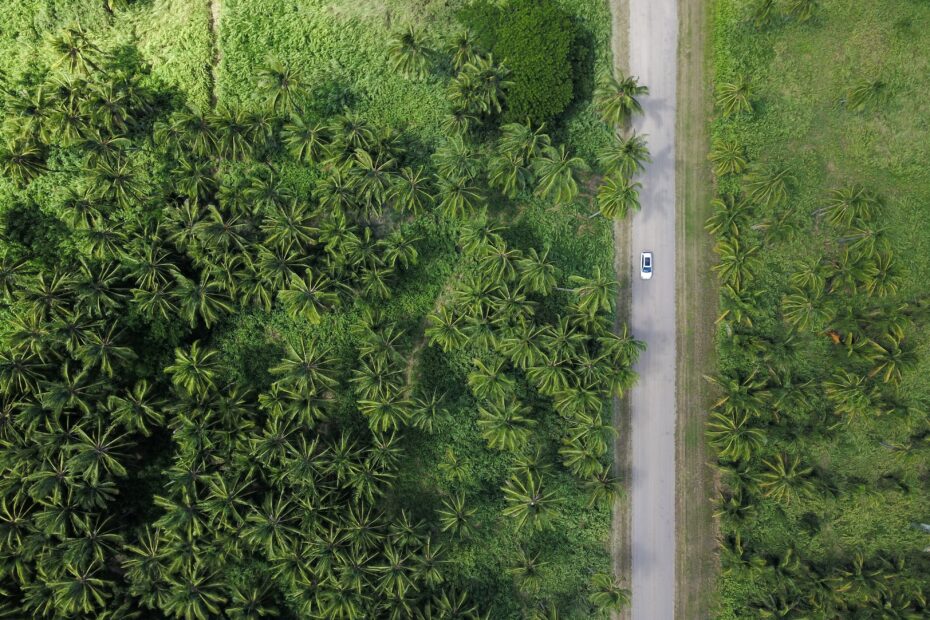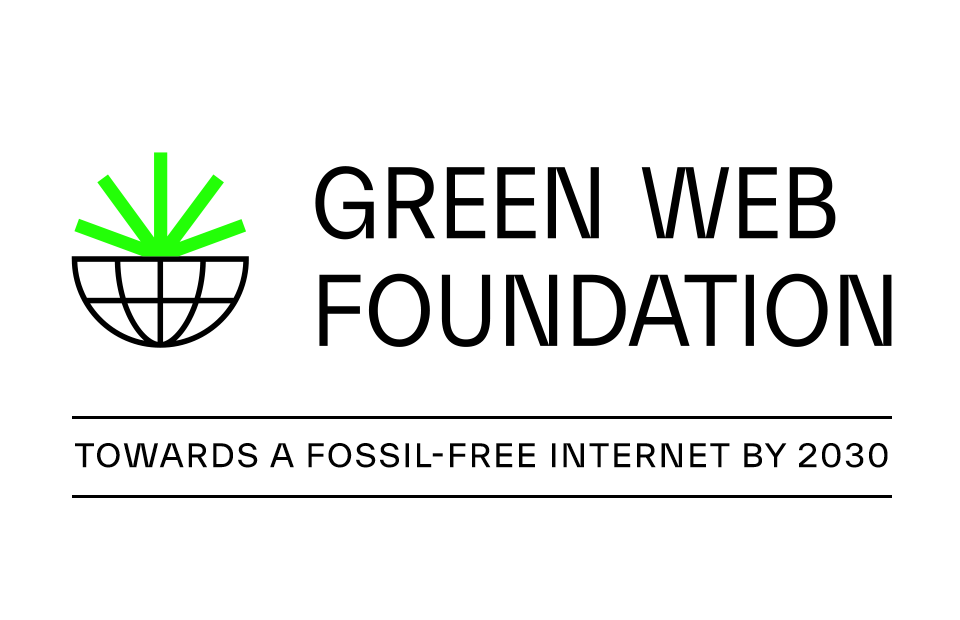On June 2nd, Katrin Fritsch, who works on our strategy and communications, participated at the “Digitalisation and Sustainability: Opportunities and Risks” workshop of the Swiss Internet Governance Forum (SwissIGF). In this blog post, she shares her key takeaways and which further areas of action for upcoming IGFs we would like to see.
In my current role as a collaborator for strategy and communications at the Green Web Foundation, I was invited to participate at the SwissIGF 2022. Before the Green Web Foundation, I co-founded and co-directed MOTIF Institute for Digital Culture, a think tank that worked towards justice, feminism, and sustainability in the digital sphere.
The SwissIGF is a national branch of the UN IGF Internet Governance Forum and has been held since 2017. In their welcoming remarks this year, the SwissIGF made it very clear: both digitalisation and sustainability are fundamental topics of our time. That’s why the aim of the workshop was to highlight the tangible climate impact of digital technologies; while also showcasing the potential of these technologies in tackling the climate crisis.
The audience poll at the beginning of the workshop showed a rather negative sentiment in terms of the impact of digitalisation on the environment. The risks the audience identified were ranging from rebound effects, over electronic waste, to the close ties of Big Tech with the fossil fuel industry.
After the poll, three experts talked about their perspectives on digitalisation and sustainability: Matthias Galus from the Federal Agency for Energy, Fabienne Biedermann from Solafrica and Julie Chenadec from the Sustainable Digital Infrastructure Alliance.
My key takeaways from their talks:
- Switzerland is currently on a good pathway in terms of sustainability and digitalisation, according to Matthias Galus. Even though more and more data centres are being built in the country, efficiency programs for data centres through green labels are being developed. The aim is to encourage data centres to make use of exhaust heat.
- Matthias Galus also noted that 80% of ICT emissions of Swiss citizens are produced outside of Switzerland. An interesting fact that shows the need to approach sustainability from a holistic point of view, taking global climate justice into account.
- Access to energy is not a given in many parts of the world. Particularly solar energy can help to get easy access to energy while at the same time protecting the climate, said Fabienne Biedermann.
- Julie Chenadec highlighted the need to not equal sustainability with energy efficiency – it’s only one pillar. She said that acting upon sustainability demands an integrated view on all three pillars: social, environmental and economic.
- The Sustainable Digital Infrastructure Alliance, an industry association with more than 100 members, is currently building a roadmap towards a sustainable economy. The roadmap collects activities of all parties to jointly form a sustainable economy in 2030 (metrics are, for example: pollution, e-waste, energy consumption). At the moment, the main objective of the project is to collect more data in order to measure the environmental impact of digital technologies. Julie Chenadec said: “If we can’t measure it, we can’t fix it.”
Which further areas of action for upcoming IGFs I would like to see:
- Bring more civil society perspectives into the area of sustainability and digitalisation. We can learn a lot from these organisations and their communities!
- Highlight the possibilities of governance in sustainability and digitalisation: What can policies look like, and how can they support organisations and civil society to tackle the climate crisis? Also: How can Switzerland become a role model in this area?
- Bring even more topics to the conversation – and have the time and space to dive deeper. Topics could include: How can we tackle climate disinformation? How to disconnect Big Tech from Big Oil? How to have a fossil-free Internet by 2030? What are the pathways towards a just and sustainable Internet for all?
If you’d like more, you can find the recording of the workshop at the link below



